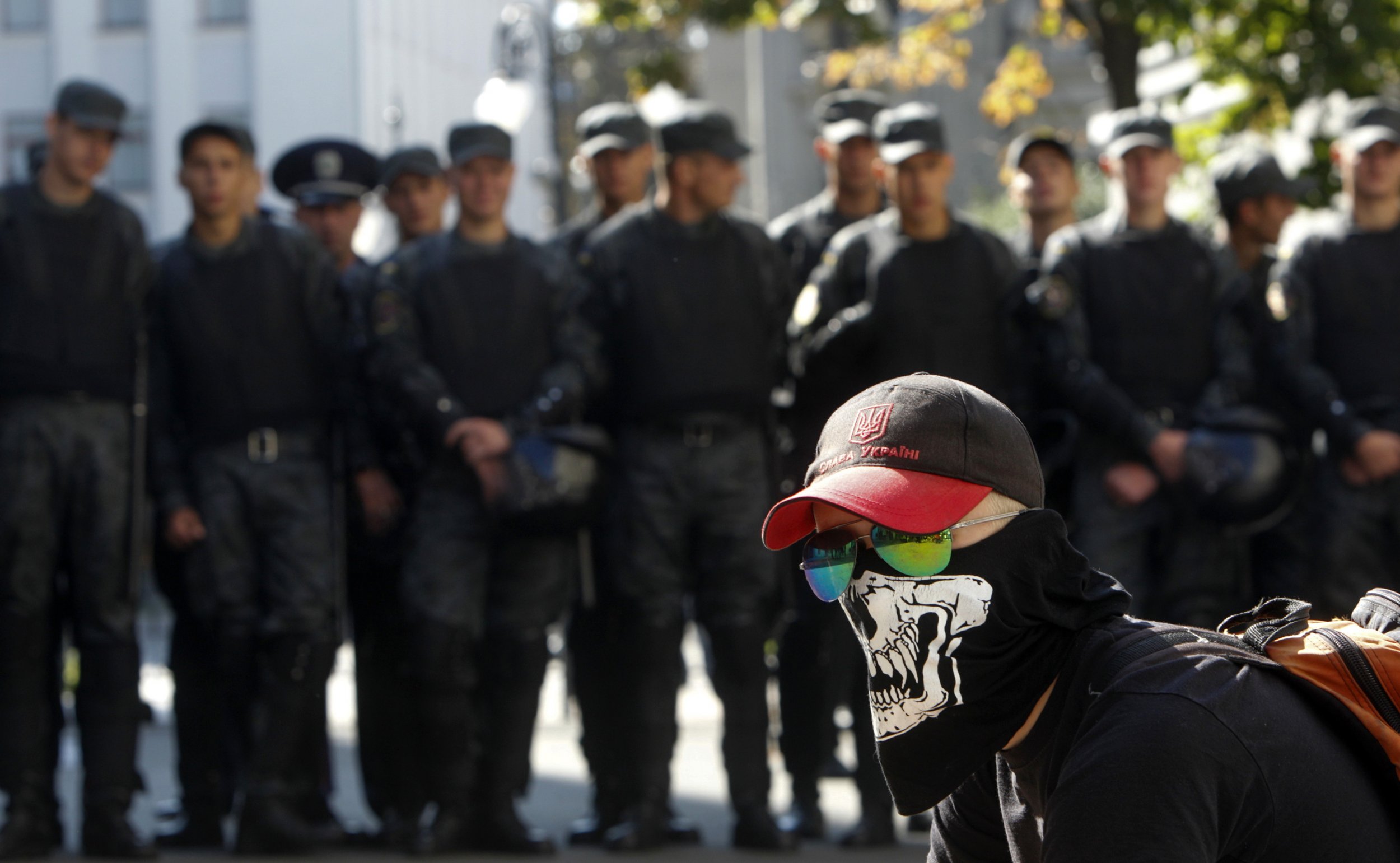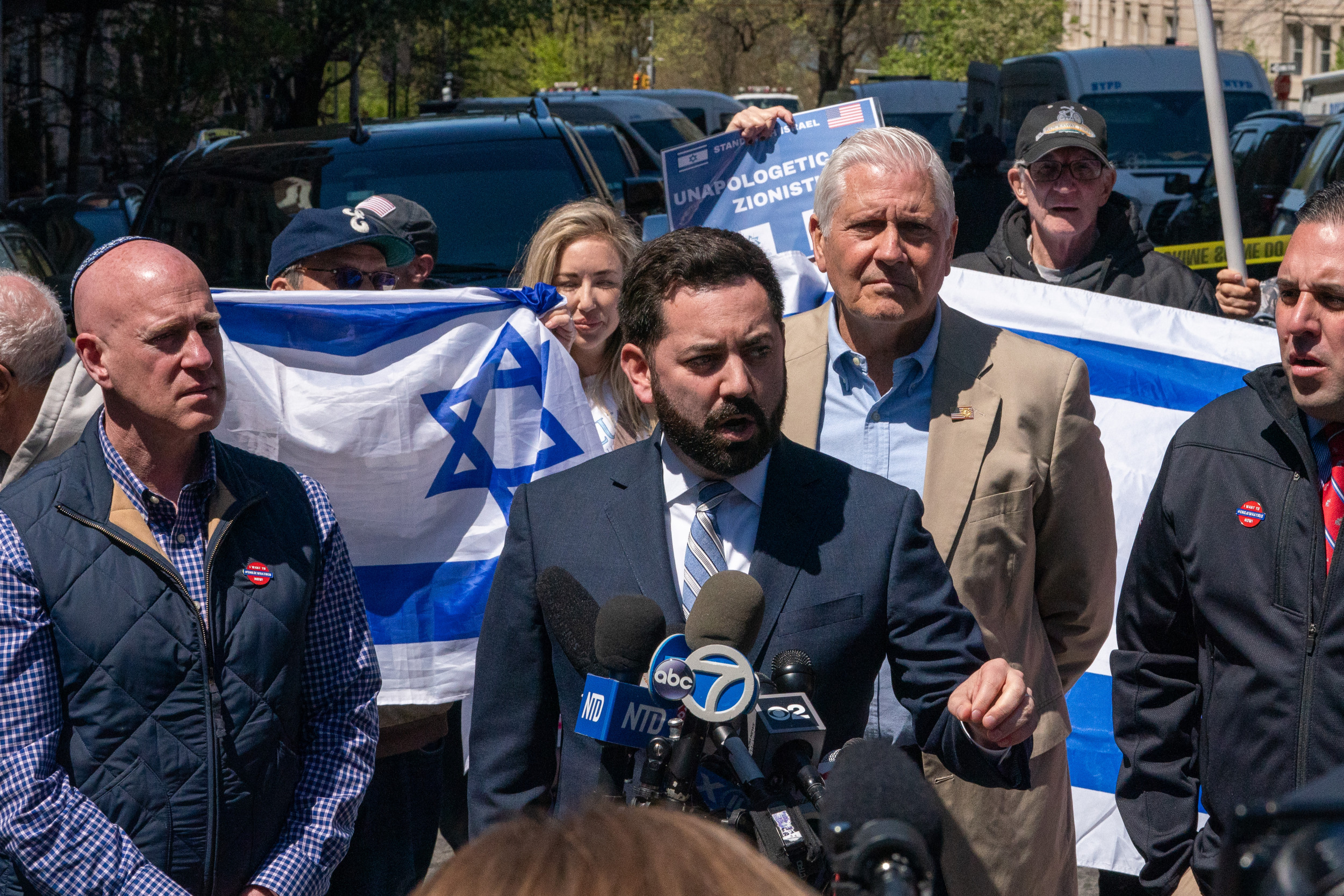
One of Kiev's most central metro stations was closed around noon on Monday after authorities received a bomb threat and were forced to investigate, according to local transport officials.
Kiev's Teatralnaya station was closed at around 11:50am and reopened an hour later in what is becoming a regular occurrence for the Ukrainian capital's transport system. Over 230 bomb threats have been made on Kiev's metro and other public spaces in the city since the start of this year, RIA Novosti reports, meaning they are an almost daily occurence.
Teatralnaya has already been closed twice this November as a result of bomb threats, as have nearby stations Leo Tolstoy Square and Zoloty Vorota.
The Kiev metro has transported 1.47 million passengers across its 52 stations since the start of the year and is expected to announce losses of around $37 million by the end of the year, as the conflict with pro-Russian factions continues to heavily impact on the city's economy.
Kiev authorities have said investigating each anonymous threat costs the city some $2,300 which means well over half a million dollars has been spent on dealing with what are primarily hoax bomb threats in the Ukrainian capital this year alone.
Ukrainian president Petro Poroshenko told German magazine Bild on Monday that conflict between pro-Russian and government forces has made the country "the most dangerous place in the world", more so than territories in Syria and Iraq currently under control by jihadist group Islamic State.
"There are thousands of Russian soldiers in my country - tanks, heavy artillery. This is one of the largest armies in the world and it threatens us as well as the whole of Europe," Poroshenko added.
Although violence in Ukraine has largely been confined to the eastern regions of Donetsk and Luhansk, the city of Kiev has remained on edge since the violent coup that toppled its pro-Russian president Viktor Yanukovych last February.
Last month, Ukraine's security services said that they had seized a pro-Russian arms cache in Kiev and arrested two extremists part of a Russian secret service cell, who were plotting an attack on the city during Ukraine's parliamentary elections.
Authorities have called for calm and unity this week as Kiev commemorates the protests in the city's Maidan square which eventually led to the ousting of Yanukovych.
Uncommon Knowledge
Newsweek is committed to challenging conventional wisdom and finding connections in the search for common ground.
Newsweek is committed to challenging conventional wisdom and finding connections in the search for common ground.
About the writer
I am a Staff Writer for Newsweek's international desk. I report on current events in Russia, the former Soviet Union ... Read more
To read how Newsweek uses AI as a newsroom tool, Click here.








